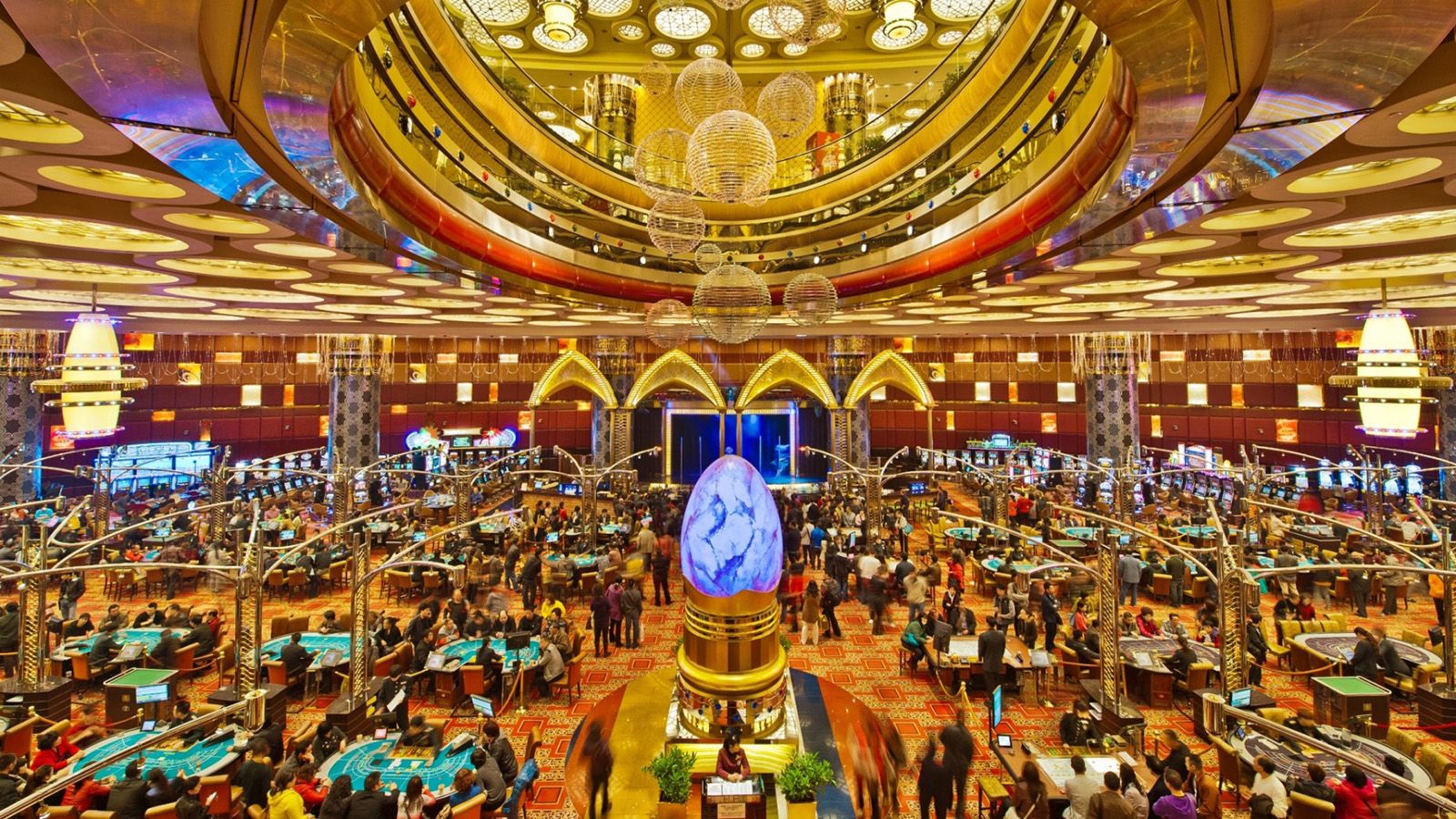
A realm of leisure has seen many transformations over various decades, but not many have captured our creativity and excitement of gamers like casino games. Emerging in from the bustling halls of Las Vegas, Nevada and Atlantic City, New Jersey, these games have moved beyond borders and societies, becoming a global phenomenon. GA179 From the dazzling lights of a luxury resort to the convenience of online sites, the allure of casino games is irrefutable, luring millions into a world of luck and strategy.
As more countries accept betting in various forms, the influence of U.S. casino games is obvious. They have not only influenced local gaming industries but have also sparked countless adaptations and innovations worldwide. Classic games such as poker and the blackjack, along with modern variations, have created a common dialect of entertainment that resonates across varied populations. The combination of risk, rewards, and social interaction found in these activities fosters a unique sense of belonging, further cementing their place in the international entertainment sphere.
Historical Overview of U.S. Gambling Games
U.S. casino games have a diverse and varied history that mirrors the cultural evolution of the U.S.. The beginnings of these games can be linked back to various European gaming traditions introduced over by colonists. Activities like the poker game, blackjack, and roulette found their way into the mosaic of U.S. society in the 19th century, gaining fame in bars and riverboats. These places offered the perfect backdrop for social interaction and rivalry, laying a solid foundation for casino gaming as we recognize it today.
As the country moved to the west, gaming evolved alongside it. The gold rush era in the mid1800s witnessed the rise of gambling towns such as Deadwood, South Dakota and Tombstone, Arizona, where games were played with high stakes, frequently punctuated by an air of disorder. This time set the stage for the formalization of casino gambling in the early 20th century, especially with the establishment of Las Vegas as a gambling hotspot. The building of lavish casinos changed the gaming landscape, creating an atmosphere where games could flourish and draw tourists from around the globe.
In the past few decades, the approval of casino gaming in various states has further expanded the range of activities available. U.S. casinos now offer a combination of traditional gambling activities and new options that serve to modern players. This growth has allowed for a distinct blend of old and newfangled, enabling the continuous development of casino culture in the U.S.. The global influence of these activities has also led to their inclusion into international gambling industries, showcasing the lasting influence of American casino gambling activities around the world.
Global Popularity and Impact
The growth of U.S. casino titles has marked a significant change in the international gambling landscape. With their appeal crossing borders, these titles have enthralled players around the world. From Texas Hold’em tournaments to slot machines, U.S. styles have established a place in many global casinos. This transfer of culture highlights how versatile and compelling these titles are, adapting to local preferences while preserving their classic American charm.
Moreover, the influence of these titles extends beyond conventional gambling venues. Digital platforms have played a crucial role in popularizing U.S. casino games, making them available to players globally. The ease of online gaming has brought millions to experiences that were once limited to physical casinos. Players can now enjoy their favorite titles from any location, creating a fresh wave of enthusiasm and expanding the gamer base considerably.
This widespread embrace is also reflected in the incorporation of U.S. casino titles into local cultures. Countries that have embraced these games often organize their own adaptations and tournaments, mixing local customs with American gambling traditions. This blend not only enriches the gaming journey for participants, but it also highlights the strong influence that U.S. gambling games have on both leisure and community interaction across different societies.
Social Adaptations and Improvements
Casino games have undergone major transformations as they spread across different cultures. Each region has absorbed features of U.S. gaming while adding its own customs and habits. For instance, the rise of digital casino sites has allowed for the integration of local character into classic games like Texas Hold’em and blackjack. Gamblers now enjoy versions that include regional wagering styles and distinct rules, making the games more accessible and inclusive for varied audiences.
In numerous nations, the appeal of casino games has led to the creation of localized editions that showcase cultural aspects and stories. This flexibility has opened doors for innovative game development that resonates with gamblers on a individual basis. Gaming machines, for example, now feature imagery and sounds that honor local traditions, folklore, and pop culture, which in turn enhances the gaming adventure and fosters a sense of community among players.
Moreover, the global impact of American casino games has led to new game formats and blended formats. Some establishments have combined traditional betting with amusement aspects, such as live performances or interactive tech, leading to a more immersive atmosphere. These innovations not only attract a wider audience but also guarantee that the essence of gaming continues to evolve, connecting gaps between different communities while preserving the excitement that gambling games are celebrated for.
